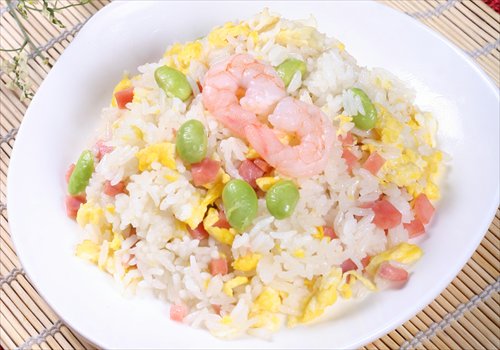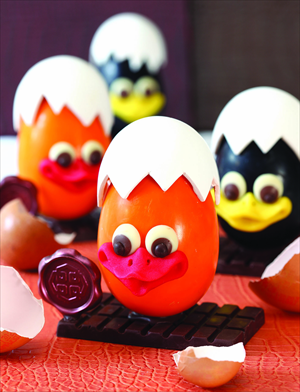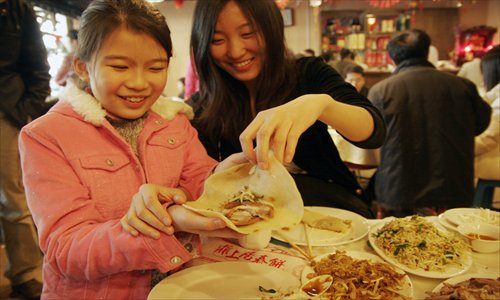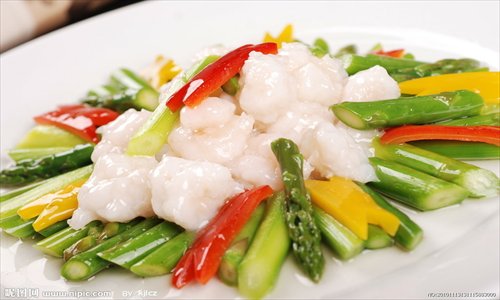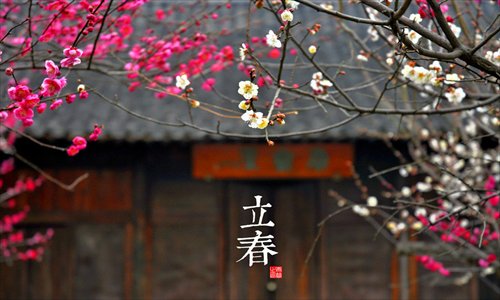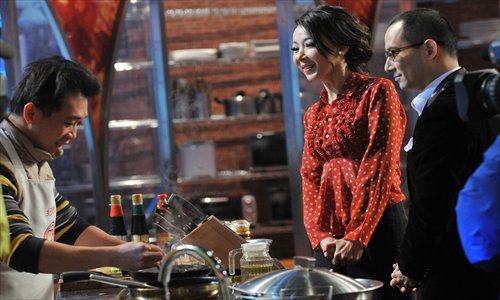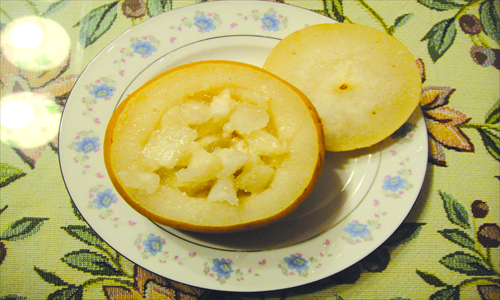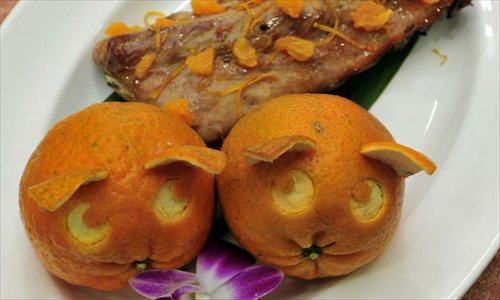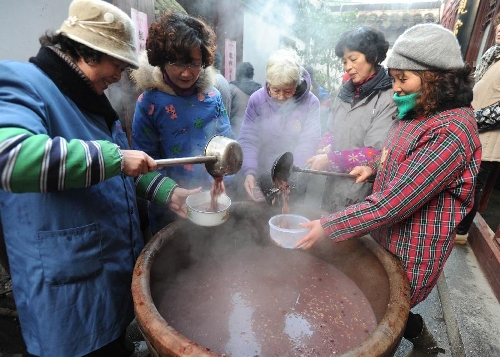Flavors of the season
When this time of year rolls around, people quote a line from Chinese poet Li Bai to treat the seasonal travel itch: “Head to Yangzhou in springtime.” This city in Jiangsu Province is known not only for its landscape, but also for its cuisine, Huaiyang Cuisine, the food of my hometown which is not far from Yangzhou.
I have lived in Beijing for 12 years, and though I hail from this well-known culinary region, here in the capital I generally live on waimai, or takeout, and go out to eat a lot, which means that most of my food is Sichuanese. Sichuan dishes seem to be served in every restaurant in Beijing.
Eggs, chocolate and the almighty bunny
Easter Sunday, like the White Rabbit in Alice in Wonderland, has always struggled to keep a firm schedule. The day that celebrates the resurrection of Jesus Christ on the Christian Calendar, Easter Sunday continually hops dates from year to year.
A quick glance at the range of imported goods in Beijing shops reveals this Easter is bounding nearer – this Sunday, March 31, in fact – with hoards of bunny effigies molded in milk chocolate and surrounded by chocolate eggs wrapped in colored foil.
Pancaking into spring
In the megacities of today’s China, the arrival of spring merely means a change of wardrobe. For most of China’s history, though, it has signified a return to working the fields and feasting on fresh meals after a long winter. In the countryside of northern China you can still see people following those ancient patterns. For them, nothing starts the new season off better than a meal of spring pancakes, known as chun bing to locals.
Foods to fight fat
Holidays are synonymous with feasts. During Spring Festival, many of us had our fair share of delicious food – savory, greasy, spicy, sweet, nutritious… But after all those happy gatherings, we look down at our paunchy bellies filled with holiday feasts, prompting us to vow the age-old resolution of losing some weight in the new year. Before you get overwhelmed by the daunting task ahead of you, read on to find recipes for special dishes that will not only content your tongue, but will also help you slim down.
Liver, and let live
In China, the first solar term of spring, and also of the new lunar year, is called lichun, (literally means “building up to spring”) and it falls around February 4 every year. This day is always regarded as important in China as spring is thought to be the most vibrant time of the whole year because it signals birth and rebirth. Therefore, during lichun, people often hold certain ceremonies and events which involve prayers for a prosperous coming year.
Reality or bust
Arriving with the spring of 2013, a bevy of reality TV shows will hit the Chinese small screen. There will be nearly 30 of them vying for attention including some that have already proven successful like The Voice of China, China’s Got Talent, Master Chef and Your Face Sounds Familiar. There also will be new ones like Chinese Kung Fu, X-Factor, and many more.
Chinese herbal remedies to soothe throats
As the whole world knows by now, a number of big cities across China have experienced extremely bad air quality over the last few weeks. The cold and dry weather, thick smog and a seasonal flu outbreak have combined to make almost everyone’s throat feel awful.
Healthy, creative dishes for coming Spring Festival
Photos taken on January 23, 2013 show creative dishes in Taipei, southeast China's Taiwan. Dieticians from Taiwan University Hospital created ten dishes mostly made from vegetables and fruits, promoting a healthy dinner in the coming Spring Festival.
Citizens queue to get free Laba porridge
The Huayan Temple distributed Laba porridge for free on January 19, the eighth day of the 12th lunar month or the day of Laba Festival. The Laba Festival is regarded as a prelude to the Spring Festival, or Chinese Lunar New Year, the most important occasion of family reunion, which falls on February 10 of this year. Drinking Laba porridge on the day of Laba is a traditional custom in China.
Complete methods of making Chinese dumplings
Complete methods of making Chinese dumplings
